Vitamin E- History and Biochemical Functions
Vitamin E (tocopherol) is a naturally occurring antioxidant. Vitamin E is essential for normal reproduction in many animals, but humans don’t experience any specific deficiency disease from a lack of it.
That’s because we typically get enough vitamins from the foods we eat. However, some people take vitamin E supplements in hopes that they will protect them from heart disease, Arthritis, and other conditions.
History of Vitamin E
In 1936, Evans and his associates isolated the compounds of vitamin E activity and named them tocopherols, its literal meaning is
tokos-childbirth; pheros-to bear; ol-alcohol.
Sources Of Vitamin E
The following foods are rich in vitamin E:
- Wheat germ oil
- Sunflower
- Safflower
- soybean oil
- Sunflower seeds
- Almonds
- Peanuts, peanut butter
- Beet greens
- collard greens
- spinach
- Pumpkin
- Red bell pepper
Biochemical Functions Of Vitamin E
The biochemical functions of vitamin E, related either directly or indirectly to its antioxidant property, are given hereunder:
1. It prevents peroxidation, So it protects RBC from hemolysis by oxidizing agents.
2. It is closely associated with reproductive functions and prevents sterility.
3. It increases the synthesis of Heme by enhancing the activity of enzymes.
4. It is required for cellular respiration– through the electron transport chain.
5. Vitamin E prevents the oxidation of vitamin A and carotenes.
6. It is required for proper storage of creatine in skeletal muscle.
7. Vitamin E is needed for optimal absorption of amino acids from the intestine.
8. It is involved in the synthesis of nucleic acids.
9. Vitamin E protects the liver from being damaged by toxic chemical compounds.
10. It works in association with vitamins A, C, and E-carotene, to delay the onset of cataracts.
11. Vitamin E has been recommended for the prevention of chronic diseases such as cancer and heart diseases.
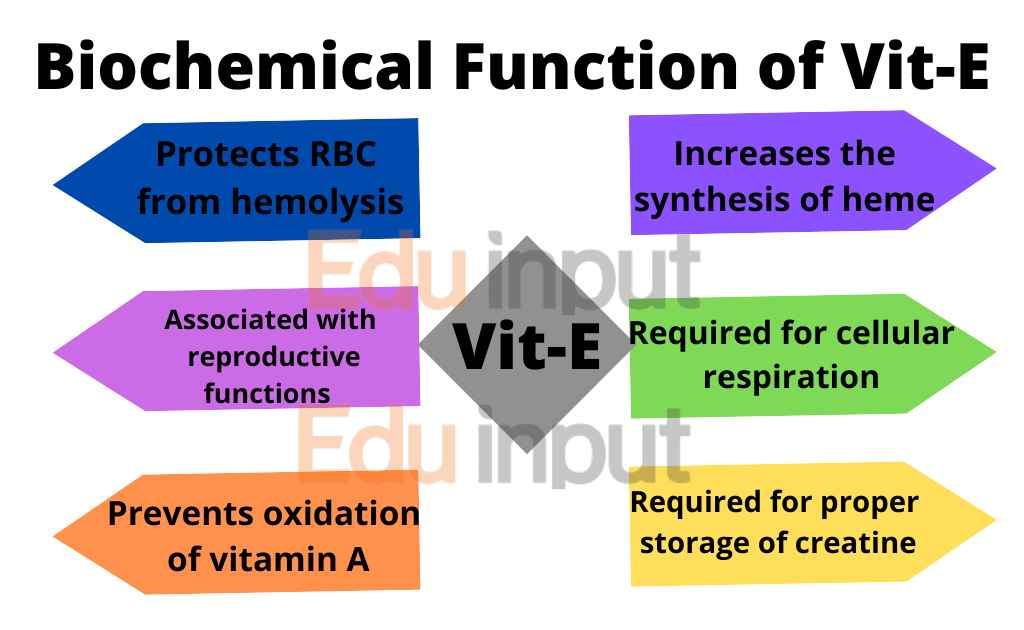
Causes of Deficiency of Vitamin E
While it is possible to develop a vitamin E deficiency if your diet consists of foods low in nutrients, it is far more likely to be caused by other factors.
These can include certain genetic disorders, problems with absorption due to issues in the digestive system, or the use of certain medications that interfere with vitamin E absorption. It may be caused by:
• Irregularities in dietary fat absorption

 written by
written by 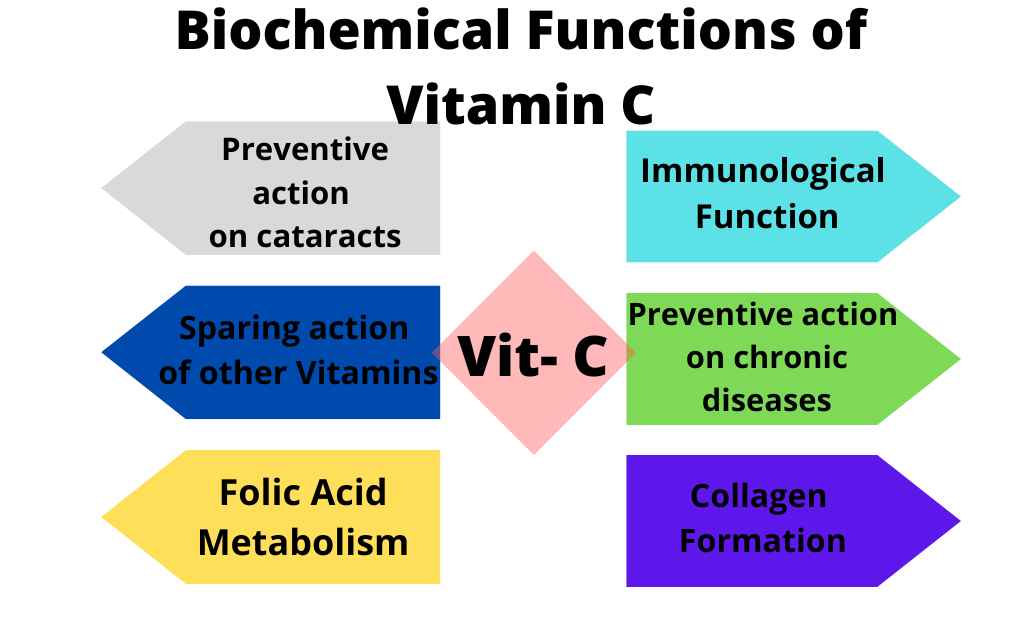
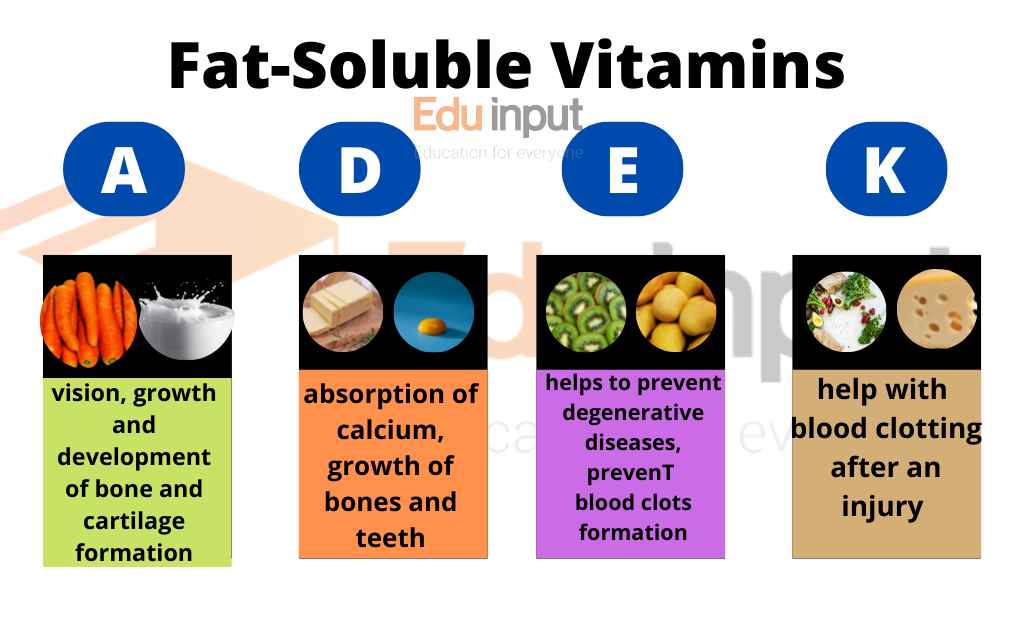
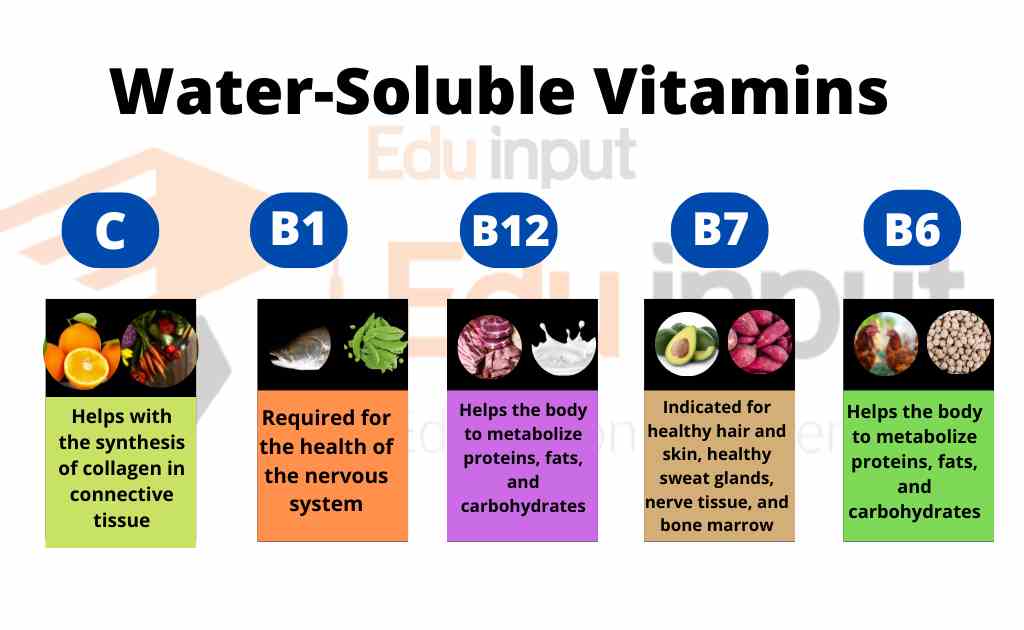
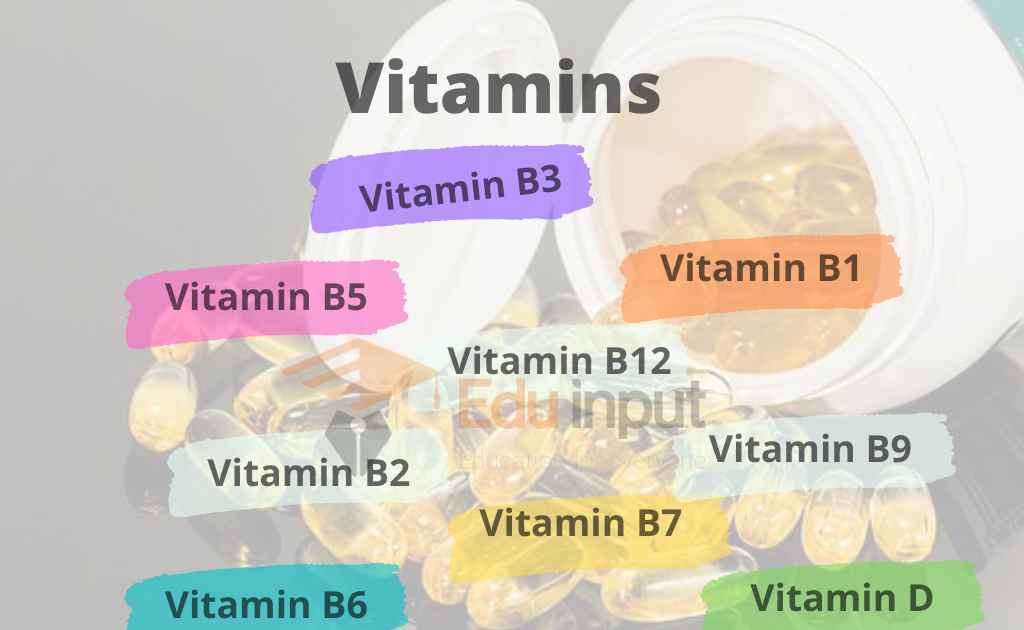


Leave a Reply